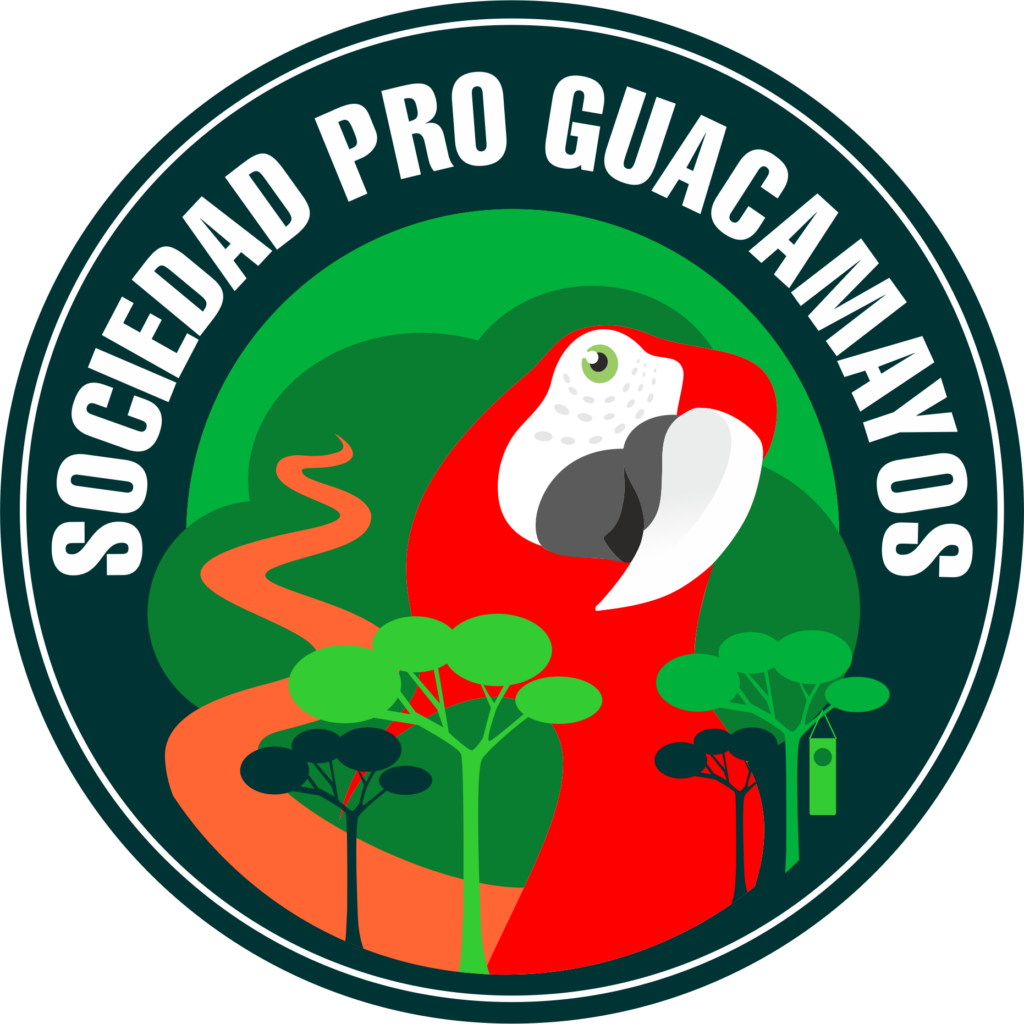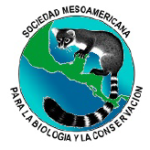Our last scientific publication: why wild macaw chicks starved to death?
We’re excited to share our latest publication on one of the longest-running research studies with wild macaws in the Americas! Our wild macaw chicks research reveals surprising findings about brood reduction—a natural survival strategy where younger chicks often struggle to thrive. Contrary to common belief, food scarcity isn’t the primary cause of chick starvation; instead, parental food distribution favors first-hatched chicks. These insights enhance our understanding of macaw chick survival and provide invaluable information to shape conservation efforts for endangered psittacines.

This article compiles 20 years of data and the hard work of nearly 500 dedicated volunteer field assistants. Thanks to our field leaders from 2000 to 2020: Mark Dragiewicz, AidaFigari, Daphne Matsufuji, Karina Quinteros, Aimy Caceres, Adrian Gonzalez, George Olah, Jesus Zumara, Anna Hawckinson, Dylan Whitaker, Lauren Bazley, Jorge Leon, Carlos Huamani, Roshan Tailor and especially to Daysi Delgado, Gustavo Martinez, Mabe Aguirre and Liz Villanueva Paipay. It took a village! Thanks to Reserva Nacional Tambopata – Sernanp and AIDER – Asociación para la Investigación y Desarrollo Integral for their continuous support.
A special thanks to Harrison’s Bird Foods for their current support, which is allowing us to continue with this and others wild psittacine research in the wild.



